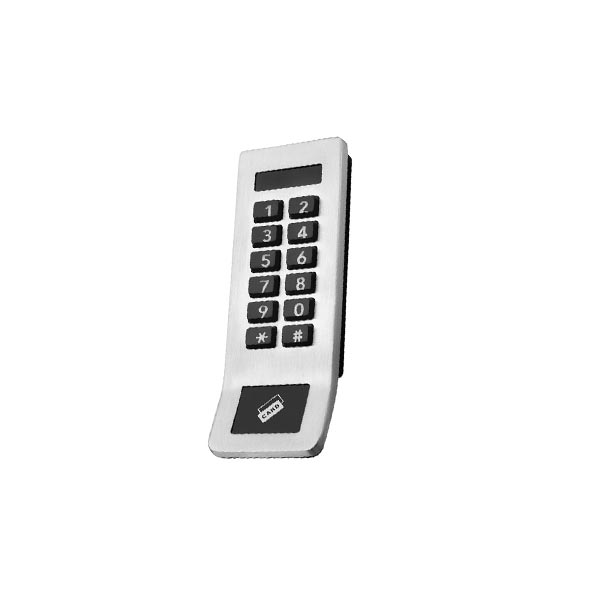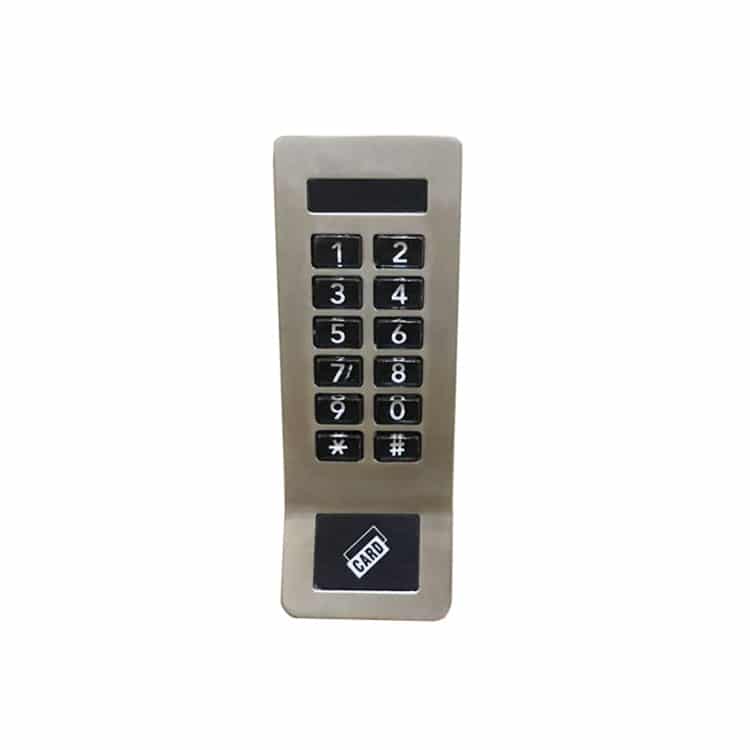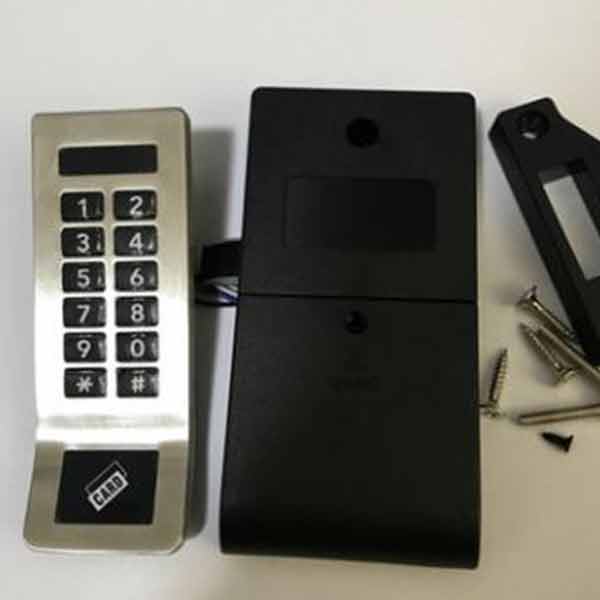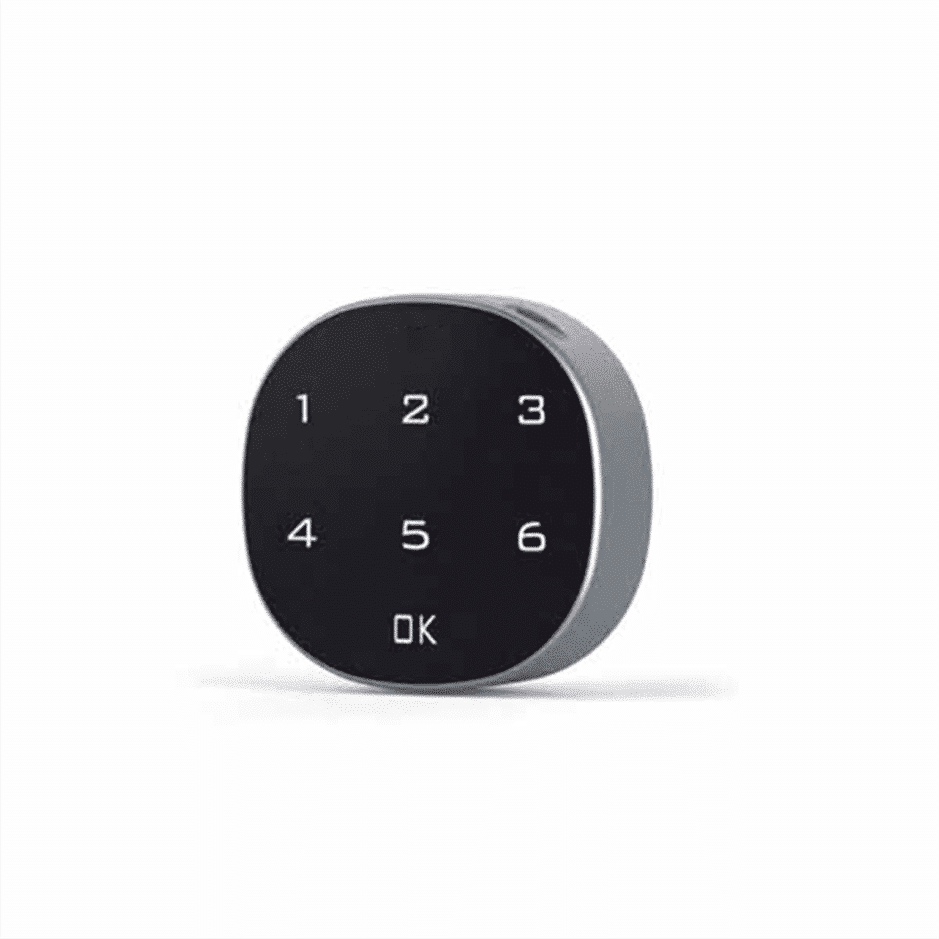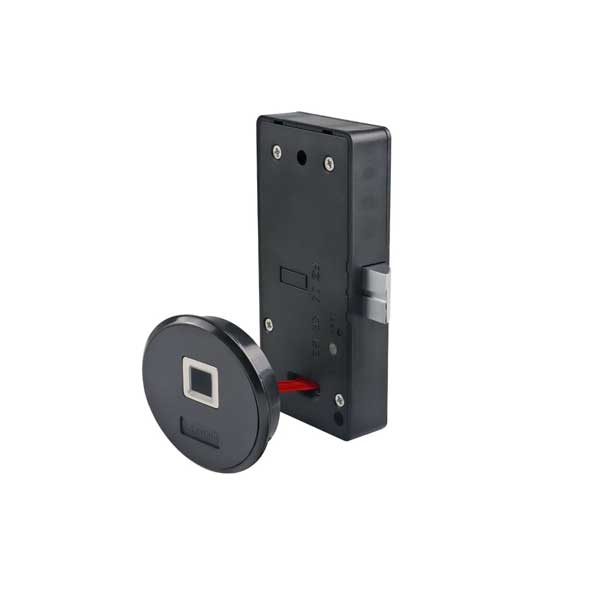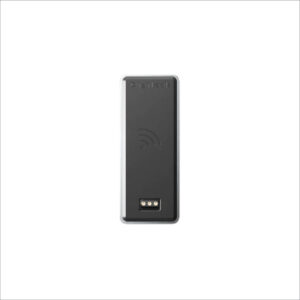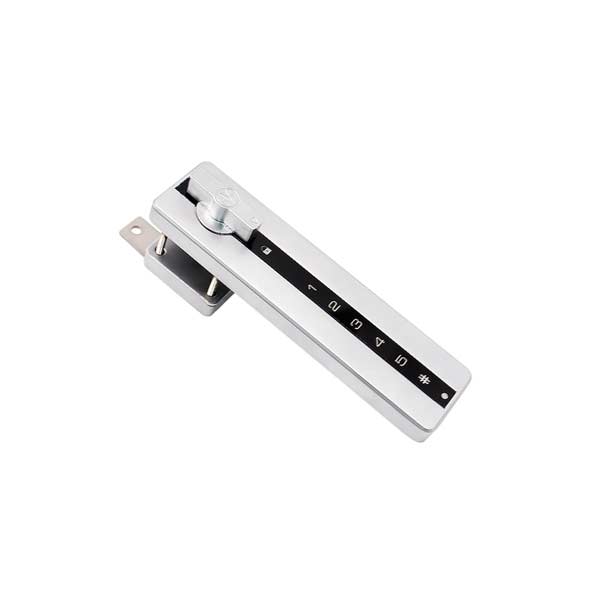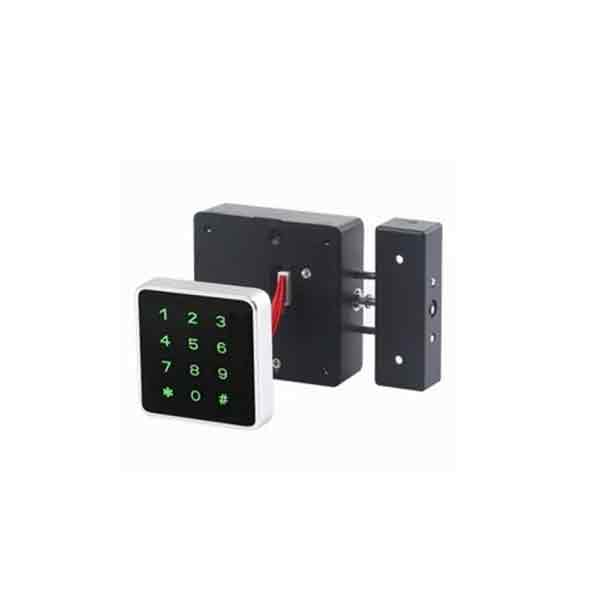Description
RL-M937 RFID & PIN Lock for cabinets & Lockers
Features:
RFID and PIN Locker Lock, RL-M937 RFID & PIN Locker Lock
Access options:
- RFID Card
- PIN Code
- Card + Code
Management Modes
RFID and PIN Locker Lock
1. Fixed password mode (Private mode):
Under this code, input passcode or swipe card to unlock.
It will lock auto(latch gets out), just need close the door.
It’s suitable for long term or fixed person using.
2. one-time passcode mode (Public Function):
Under this mode, input any passcode(or swipe any card) to lock the cabinet.
The passcode or card become invalid after opened the door, so the next user can use the cabinet. Suitable for public like gym/swimming pool/shopping mall etc.
RFID and PIN Locker Lock
Introduction:
RFID (Radio Frequency Identification) and PIN (Personal Identification Number) locker locks are becoming increasingly popular as security measures in various settings, such as gyms, offices, schools, and hospitals. They provide a convenient and secure way of restricting access to lockers, ensuring that only authorized individuals can open them. This article will discuss how RFID and PIN locker locks work, their advantages, disadvantages, and potential applications.
How RFID Locker Locks Work:
An RFID locker lock uses radio waves to communicate with an RFID card or fob. The RFID chip in the card/fob contains unique information that identifies the user, allowing the lock to recognize and verify their identity. When the card/fob is brought near the lock, the radio waves transmit the data to the lock’s receiver, which then unlocks the locker if the information is correct. The lock can be programmed to recognize multiple RFID cards/fobs, allowing multiple users to access the same locker.
Advantages of RFID Locker Locks:
- Convenience: RFID locker locks eliminate the need for keys, making it easier for users to access their lockers. Users don’t have to worry about losing or forgetting their keys, which can be a common problem in busy environments.
- Security: RFID locker locks provide a high level of security as the user’s identity is verified before the locker is unlocked. This ensures that only authorized individuals can access the locker, reducing the risk of theft or unauthorized access.
- Customizability: RFID locker locks can be programmed to recognize multiple RFID cards/fobs, allowing multiple users to access the same locker. This makes them ideal for shared locker environments such as schools, gyms, and offices.
Disadvantages of RFID Locker Locks:
- Cost: RFID locker locks can be more expensive than traditional key or combination locks, which can be a barrier to adoption for some organizations.
- Maintenance: RFID locker locks require batteries to operate, which need to be replaced periodically. The cost of battery replacement can add up over time, especially for larger installations.
How PIN Locker Locks Work:
A PIN locker lock requires the user to enter a unique PIN to access the locker. The PIN is entered on a keypad located on the lock, and the lock verifies the code before unlocking the locker.
Advantages of PIN Locker Locks:
- Security: PIN locker locks provide a high level of security as the user must enter a unique PIN to access the locker. This ensures that only authorized individuals can access the locker, reducing the risk of theft or unauthorized access.
- Low Maintenance: PIN locker locks do not require batteries to operate, reducing the ongoing maintenance costs.
Disadvantages of PIN Locker Locks:
- Convenience: PIN locker locks can be less convenient than RFID locker locks as users must remember their PIN to access the locker. This can be a problem in busy environments where users may forget their PIN or may not have time to enter it.
- Customizability: PIN locker locks are typically limited to a single user, making them less suitable for shared locker environments such as schools, gyms, and offices.
Applications of RFID and PIN Locker Locks:
RFID and PIN locker locks are used in a variety of settings, including:
- Gyms: RFID and PIN locker locks are used in gyms to secure lockers and provide convenient access to gym-goers.
- Schools: RFID locker locks are often used in schools to secure lockers and provide access to students and staff.
- Offices: RFID and PIN locker locks are used in offices to secure lockers and provide access to employees.
- Hospitals: RFID and PIN locker locks are used in hospitals to secure lockers and provide access to staff.



